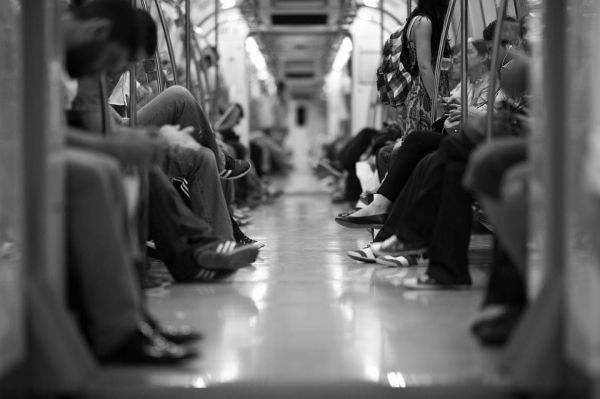The research, published in Nature Sustainability, analysed data collected from 48 metropolitan areas in the United States, including New York, Boston, Minneapolis and Atlanta, which showed a positive correlation between ridership, residential density, and the convenience of using public transport.
The research drew on data collected by the University of Minnesota, measuring the number of jobs over 48 metropolitan areas that were accessible by public transport. Efficiency was measured by assessing whether improvements to public transport influenced residential density.
It also revealed it was more beneficial for transport operators to expand in big cities than launch into greenfield markets (undeveloped areas), as larger cities yield a greater return on transit improvement than smaller towns.
Continue reading at University of Sydney
Image via University of Sydney


